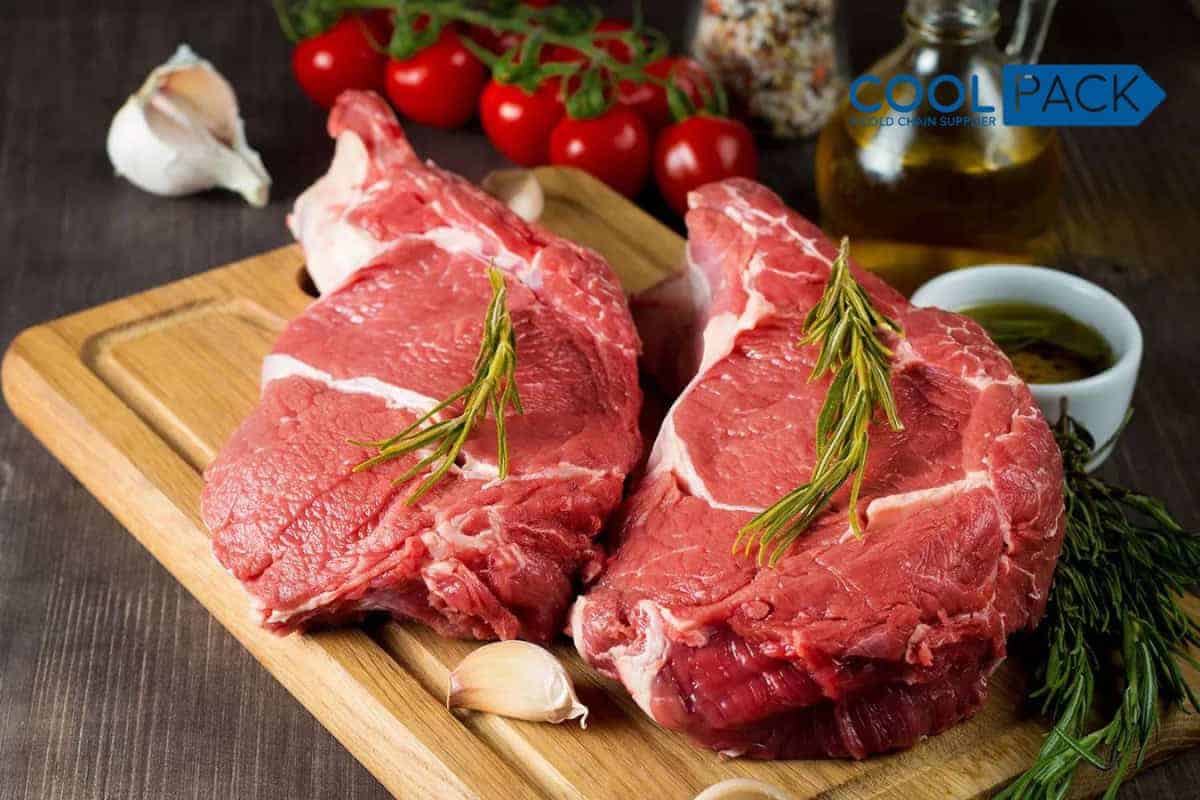New inspection protocols
The implementation of new inspection protocols at the UK border poses significant challenges for the export of fresh products, including milk, meat, flowers and plants. All European shipments must now undergo direct checks at the border for diseases, which may cause delays and increase costs for British consumers.
Change in inspection locations
Since Brexit, Dutch flowers and plants have had to undergo inspections both in the Netherlands and the United Kingdom. Previously, these inspections were performed at various locations near delivery addresses across the UK. However, the consolidation of these points into a few central locations at ports and airports marks a significant change. Flowers and plants are now inspected immediately upon unloading from the ferry, adding to an already stringent inspection regime. This change means that products that were previously considered low-risk, such as cut flowers and certain plants, must now undergo checks in the same way as high-risk items such as flower bulbs.
Economic impact on the sector
The reduction of the number of inspection points and the increase in the inspection frequency are causing considerable anxiety within the Dutch flower and plant sector. The UK is the largest non-EU market for Dutch flowers and plants, with exports valued at approximately €900 million out of a total export value of €7 billion. Only Germany imports more products, with an export value of around €1.6 billion.
Leon Verschoor of Royal Lemkes, a major exporter to the UK, has expressed concerns about the increased administrative burdens and costs caused by these changes. The company’s shipments to the UK face potential delays that could lead to spoilage, which has a significant impact on the trade. Verschoor notes that Brexit has increased exporter’s costs without improving plant safety and health, with inspections being performed twice within 24 hours.
Challenges caused by lack of inspection capacity
The UK’s Animal and Plant Health Agency (APHA) has indicated that inland inspections were always a temporary measure. To address the lack of inspection capacity at ports, APHA plans to prioritise inspections based on the risk of importing diseases. This essentially reinstates the high-risk policy that was recently phased out.
The Dutch Association of Wholesale Flower Growers (VGB) finds this response inadequate. VGB Chairman Tim Roozendaal highlights that thousands of inland inspection points are being replaced by just a few points at the ports, causing uncertainty about inspection times and costs. This uncertainty is expected to impact the prices of flowers and plants for British consumers.
Mitigating the risks with cooling solutions and insulation packaging
In this challenging environment, good cooling and insulation are crucial to preserving the quality of the flowers and plants when transit times are longer. After all, delays can significantly affect the freshness of these delicate products.
Importance of reliable cooling systems
Good cooling systems are vital in mitigating the risks associated with the new inspection procedures. These systems help to maintain the quality of the flowers and plants, even in the case of delays, and prevent the growth of mold and other pathogens. By investing in reliable cooling solutions, exporters ensure that their products meet the high standards their customers expect.
Role of effective insulation
Effective insulation packaging is equally important in preserving the quality of the flowers and plants. Insulation keeps the temperatures consistent and protects products from temperature fluctuations that may occur during transit. This is especially critical during delays at inspection points, where prolonged exposure to varying temperatures could lead to spoilage.
Adapting to the new challenges
The new UK border inspections present significant challenges for Dutch flower and plant exporters. The consolidation of inspection points and the increased frequency of checks add to the administrative burdens and costs exporters are already facing. However, by investing in the right cooling and insulation solutions, exporters can mitigate some of these risks and maintain the quality and freshness of their products.
As the sector navigates these changes, care must be taken that high standards are maintained and that customer satisfaction is ensured. The industry must adapt and innovate to overcome these challenges and continue to thrive in the post-Brexit landscape.



